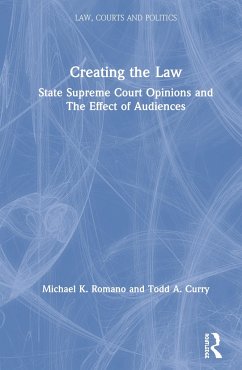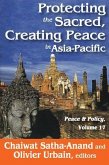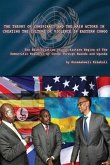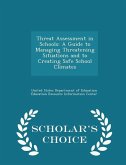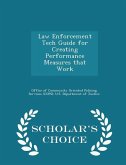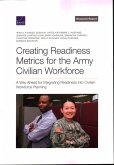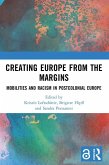Written opinions are the primary means by which judges communicate with external actors. These sentiments include the parties to the case itself, but also more broadly journalists, public officials, lawyers, other judges, and increasingly, the mass public. In Creating the Law, Michael K. Romano and Todd A. Curry examine the extent to which judges tailor their language in order to avoid retribution during their retention, and how institutional variations involving intra-chamber dynamics may influence the written word of a legal opinion. Using an extensive dataset that includes the text of all death penalty and education decisions issued by state supreme courts from 1995-2010, Romano and Curry are the first to examine the connection between retention incentives and language choices. They utilize text analysis techniques developed in the field of communications and apply them to the text of judicial decisions. In doing so, they find that judges write with their audience in mind, and emphasize duelling strategies of justification and persuasion in order to please diverse audiences that may be paying attention. Furthermore, the process of drafting a majority opinion is a team exercise, and when more individuals are involved in its crafting, the product will reflect this complexity. This book gives students the tools for understanding how institutional variation affects judicial outcomes and shows how language relates to decision-making in the judiciary more specifically.
Hinweis: Dieser Artikel kann nur an eine deutsche Lieferadresse ausgeliefert werden.
Hinweis: Dieser Artikel kann nur an eine deutsche Lieferadresse ausgeliefert werden.

